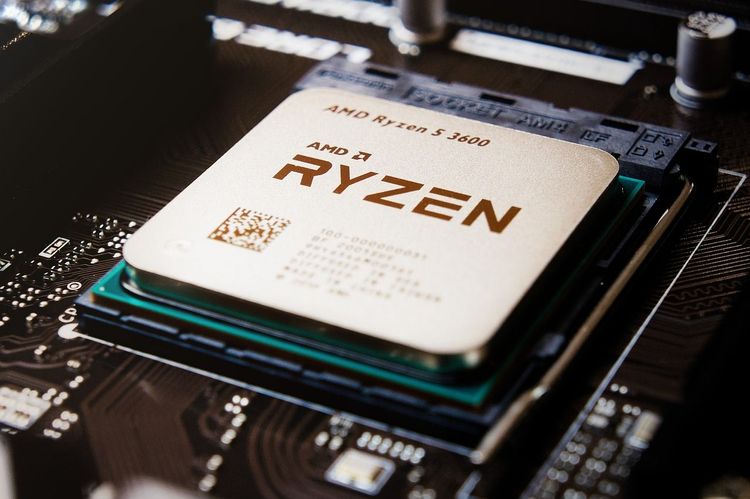OpenAI Sets Realistic Expectations for Fall Dev Day: No GPT-5 Unveiling in a More Modest Event
Most people like

In today's fast-paced financial landscape, AI-driven technologies are revolutionizing how investors identify opportunities and match with ventures. By leveraging advanced algorithms and data analytics, these solutions enhance predictive investment strategies, enabling smarter, more informed decisions. This innovation not only streamlines the investment process but also fosters meaningful connections between investors and startups, paving the way for growth and success in emerging markets. Discover how AI is transforming the world of predictive investments and venture matching, creating a dynamic synergy between capital and innovation.

Create Engaging AI Shorts Effortlessly
Unlock the potential of AI-generated shorts with ease! Transform your creative ideas into captivating content in just a few clicks. Our user-friendly platform enables you to harness the power of artificial intelligence to produce high-quality shorts that engage your audience. Enjoy a streamlined process designed to enhance your storytelling while saving you time and effort. Start generating your unique AI shorts today!

In an era where visual content reigns supreme, harnessing the power of an AI video generator can transform your creative process. With advanced algorithms, these tools empower users to create customizable videos that captivate audiences and convey messages effectively. Whether you're a marketer, educator, or content creator, discovering how to leverage AI technology for video production can revolutionize your approach, offering enhanced control over every aspect of your projects. Dive into the world of AI-driven video creation and unlock endless possibilities for your storytelling today.

Enhancing your audio projects is easier than ever with our AI sound effect generator, designed to create a wide range of unique audio effects. Unlock endless creative possibilities and elevate your soundscapes with this powerful tool, perfect for filmmakers, game developers, and content creators alike. Discover how AI technology can transform your audio experience today!
Find AI tools in YBX



